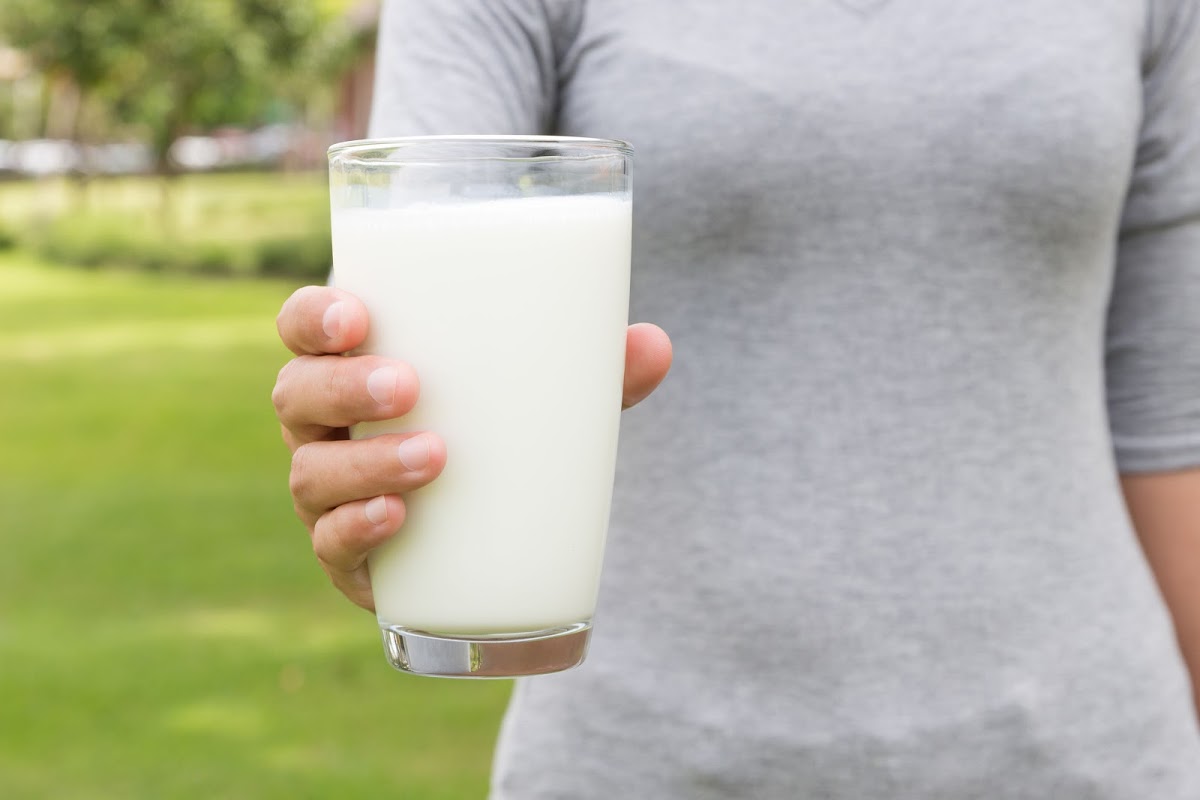Drinking two cups of milk daily can increase breast cancer risk in women
Women who drink just two cups of milk a day may be at an 80 per cent increased risk of breast cancer, a major study suggests. The NHS recommends adults consume lots of cow’s milk because it is rich in protein and calcium, while current US dietary guidelines advise three cups of milk per day. […]

Women who drink just two cups of milk a day may be at an 80 per cent increased risk of breast cancer, a major study suggests.
The NHS recommends adults consume lots of cow’s milk because it is rich in protein and calcium, while current US dietary guidelines advise three cups of milk per day.
But researchers from the Loma Linda University in California say these recommendations should be ‘viewed with caution’.
They looked at 53,000 women over eight years and found consuming even a small amount of milk every day was linked to a spike in the prevalence of breast cancer.
A third of a cup, the equivalent of a small latte, was associated with a 30 per cent increased risk, while for a full cup a day (240ml) it was 50 per cent.
For those drinking two to three cups per day, it soared to between 70 and 80 per cent.
While the study was an observational one and cannot prove a cause, scientists believe a hormone present in cow’s milk may be to blame.
A major study of more than 400,000 people suggested that consuming more milk, cheese and yogurt can cut the risk of the most common type of stroke. Eating dairy may reduce the likelihood of suffering a stroke in later life, the researchers say.
Insulin-like growth factor (IGFD-1) has been suggested in previous studies to promote the key stages of tumour development.
In the latest study, the eating habits of nearly 53,000 North American women were evaluated, all of whom were initially cancer-free and followed over eight years.
Dairy may cut the risk of suffering a stroke by up to 10%
Lead author Gary Fraser, professor of cardiology and nutrition at Loma Linda, said: ‘Dairy foods, especially milk, were associated with increased risk, and the data predicted a marked reduction in risk associated with substituting soy milk for dairy milk. This raises the possibility that dairy-alternate milks may be an optimal choice. – Mail Online
